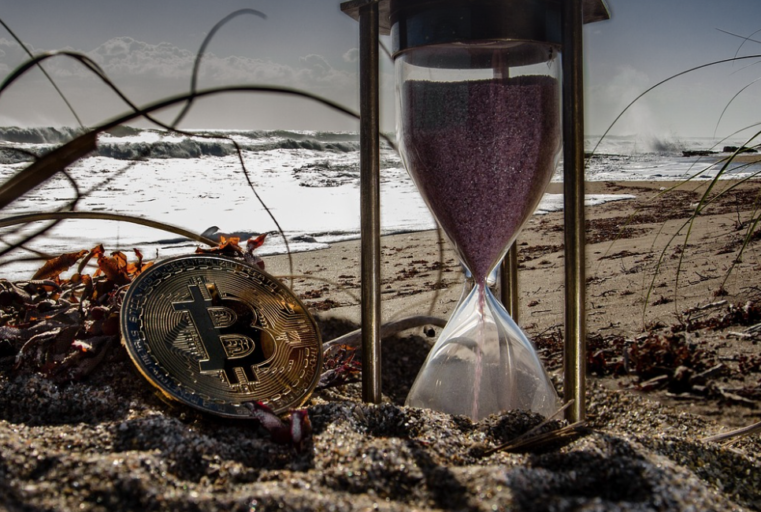#USChileRelations #LithiumMining #CleanEnergy #ElectricVehicles #EconomicDiplomacy #TradeAgreements #FriendShoring #MineralResources
US Treasury Secretary Janet Yellen embarked on a significant two-day journey to Chile, aiming to fortify bonds with a nation that is not only a longstanding ally but also a repository of minerals pivotal for future-oriented industries. This visit underscores the intricate web of geo-economic strategies, trade dynamics, and the push for clean energy resources imperative for a sustainable future.
Chile, with its abundant lithium reserves, the largest globally, emerges as a crucial ally in the electric vehicle (EV) landscape. Lithium, a metal indispensable for the batteries that power EVs, places Chile at the heart of efforts to revolutionize transportation towards sustainability. The United States, under the Biden administration, is amplifying its investments in domestic EV production through substantial subsidies. This strategic move aims not only to enhance the U.S.’s stake in the burgeoning EV market but also to mitigate the reliance on China by diversifying the supply chain for critical raw materials.
Yellen’s visit encapsulated meetings with top Chilean officials including Finance Minister Mario Marcel and central bank President Rosanna Costa, and a tour of Albemarle Corp.’s lithium-processing facility in Antofagasta. This diplomatic engagement illustrates the U.S.’s agenda of “friend-shoring,” a concept championed by Yellen to redesign supply chains in a manner that reduces dependency on geopolitical rivals, notably China, and shields against potential coercion.
The global rush towards electric mobility has precipitated a volatile trajectory for lithium and associated commodities, with prices experiencing dramatic fluctuations. Chile’s President Gabriel Boric is navigating these turbulent waters with proposals for the state to assume a controlling interest in strategic mining operations. This initiative seeks not only to augment the sustainability of lithium extraction but also to ensure more equitable economic benefits. The implications for U.S. firms, particularly in light of existing contracts and future partnerships, was a critical agenda for Yellen’s discussions.
The dynamics of international trade and investment are further complicated by China’s dominant position in the EV sector and its aggressive investment strategies in the South American lithium triangle, comprising Argentina, Chile, and Bolivia. These countries hold over half of the world’s lithium resources. As such, Chile’s endeavor to diversify its trade partners resonates with the U.S.’s objective to broaden its supplier base, amidst China’s economic challenges that impact global markets.
The visit of a figure like Yellen signifies the strategic importance of Chile in the broader narrative of transitioning towards renewable energies and developing resilient supply chains. It reflects an acknowledgement of the critical role minerals like lithium play in achieving these objectives. As both nations navigate the complexities of global trade, environmental stewardship, and technological advancement, their collaboration could serve as a model for sustainable development and geopolitical cooperation in the era of clean energy.
In an era marked by environmental imperatives and the strategic recalibration of global supply chains, Yellen’s visit to Chile epitomizes a pivotal moment in U.S.-Chile relations. It foregrounds the critical interconnections between clean energy pursuits, economic diplomacy, and the quest for a sustainable future anchored in mutual benefits and shared values. As the global community grapples with the challenges of climate change and geo-economic competition, the U.S.-Chile alliance stands as a beacon of collaborative progress towards a greener, more resilient tomorrow.



Comments are closed.